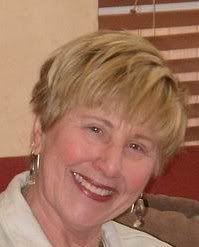


F.E.A.R. is an acronym for False Evidence Appearing Real. There’s no true threat of immediate physical danger, no threat of a loss of someone or something dear to us, actually nothing there at all.
F.E.A.R. is an illusion. Something we fabricate in our own minds and pretend it’s real. It’s a fairy tale we tell ourselves that keeps us from doing what we really want.
False evidence appearing real.
The common label for F.E.A.R is anxiety, a less fundamental emotion that arises purely from our own thoughts, not external reality. And 50 years of cognitive psychology research demonstrates that while we can’t always control how we feel, we do have the power to choose how we think and act. **Brian Clark**
****
I have had no success overcoming fear. I fear heights, dental work, public speaking, and many other things. There are three things which have helped me.
1. I have learned that I cannot predict the future. I really can NOT, and I refuse to waste valuable time today fearing for something which has not happened...a future event of some kind. In this case, how I think about the future...unknown, like it or not....has changed my anxiety level tremendously.
2. When I don't want to undertake a project that requires risking time and money because almost all of my projects of the last several years have failed, I remind myself of the large numbers of famous people who failed many more times than I have and met success because they did not give up. Sometimes, I actually have to read about these people once again, even twice again...before my fear melts.
3. There are a number of fears which I permit myself. If I am going to be brave in most things, then allowing myself to keep some fears feels comforting. For example, I am perfectly o.k. with not going on high ladders or roller coasters, swimming in deep water, or visiting snake exhibits. These and a few other fears are sacrosanct. I own them, and I do not accept anyone trying to talk me out of them or making fun of them.
What's important for me is that I don't miss out on anything by giving myself permission to fear a few things. Only deal with what is going to enhance your life. At the same time, deal with most fears head-on as fear breeds fear. (I no longer watch the news.)




